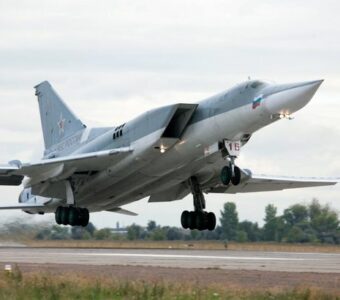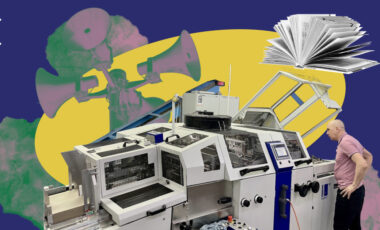European Space Agency began negotiations to replace russian Soyuz rockets with SpaceX

The European Space Agency (ESA) has begun preliminary technical talks with Elon Musk's SpaceX that could temporarily use the company's launch vehicles after russia withdrew its rockets and engines in response to sanctions.
ESA CEO Josef Aschbacher stated it in a Reuters comment, EP reports.
According to him, SpaceX is not the only option that ESA considers. Another option could be the French company Arianespace, Japan, or India.
"I would say that SpaceX is the most operational of them and certainly one of the backup launches we're looking at," Aschbacher said.
As Reuters points out, until now, Europe has relied on three rockets: the European Vega for small cargos, the russian Soyuz for medium, and the Ariane 5 (developed by France's Arianespace) for heavy ones.
The new generation Vega C launch took place last month, and Ariane 6 was postponed until next year (a more precise date, according to Aschbacher, will be known in October). After the launch of Ariane 6, the ESA will provide the ministers of 22 countries with its backup plan. In addition, Japan is now waiting for the launch of a new generation missile.
At the same time, Aschbacher noted the high probability that backup launches would be necessary. "We certainly have to make sure they [missiles] fit," he said.
The ESA is currently studying technical compatibility, and a commercial proposal for companies has not yet been sent. SpaceX did not respond to a request from Reuters.
"The political consequences of russia's invasion of Ukraine have already been a plus for SpaceX's Falcon 9, which has landed other customers who have cut ties with moscow's increasingly isolated space sector.
Satellite internet company OneWeb, a competitor to SpaceX's satellite internet venture Starlink, has ordered at least one Falcon 9 launch in March," the agency wrote.
The Director General of ESA noted that ten-year agreements between Europe and russia, including in the space sphere, turned out to be ineffective after the beginning of the invasion of the russian Federation into Ukraine.
"It was a wake-up call that we are too dependent on russia," Aschbacher said, calling on the European authorities to think about and increase Europe's space potential and independence in this area.
After Western sanctions in response to the invasion of Ukraine, Roscosmos stopped launching Soyuz rockets and the supply of rocket engines.
Read Rubryka's daily timeline of war: current news on Ukraine's defense against russia's aggression.




















































